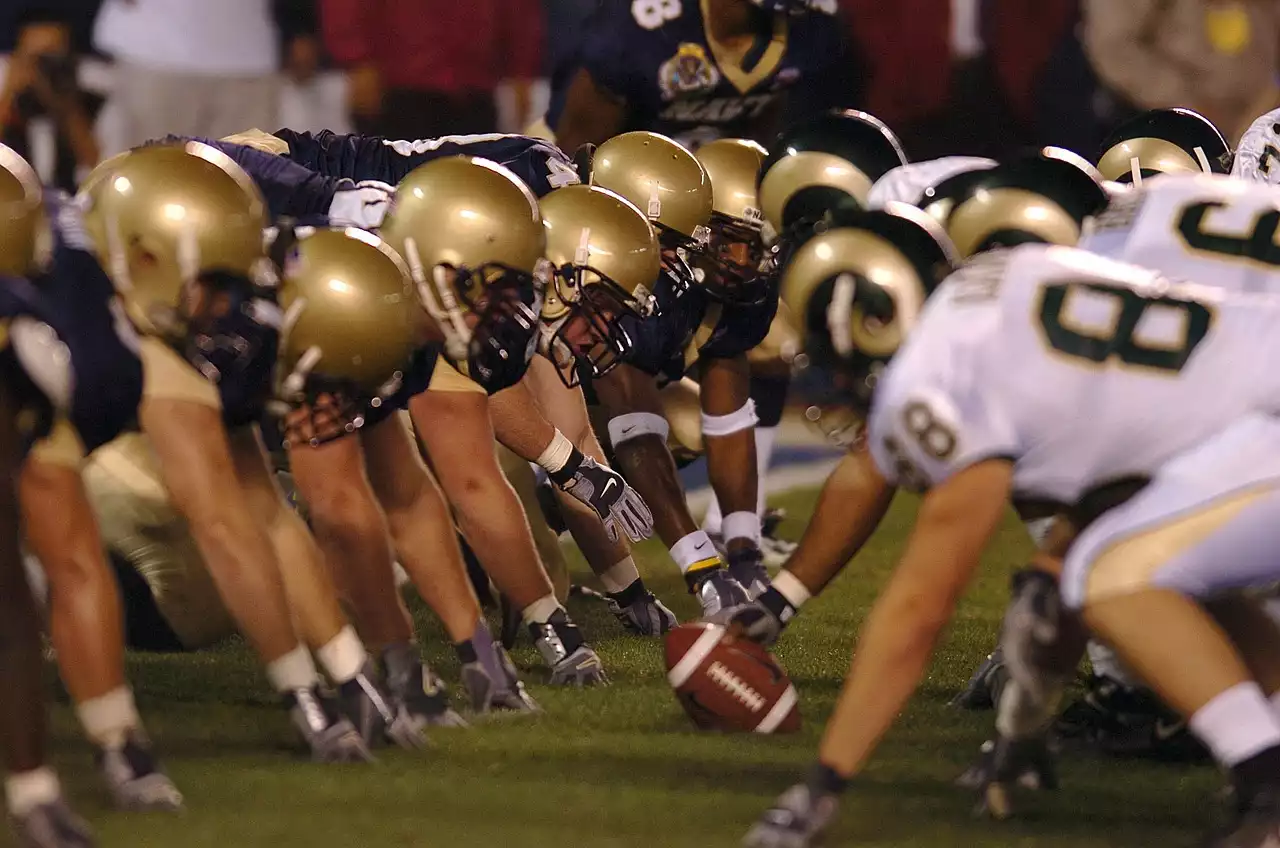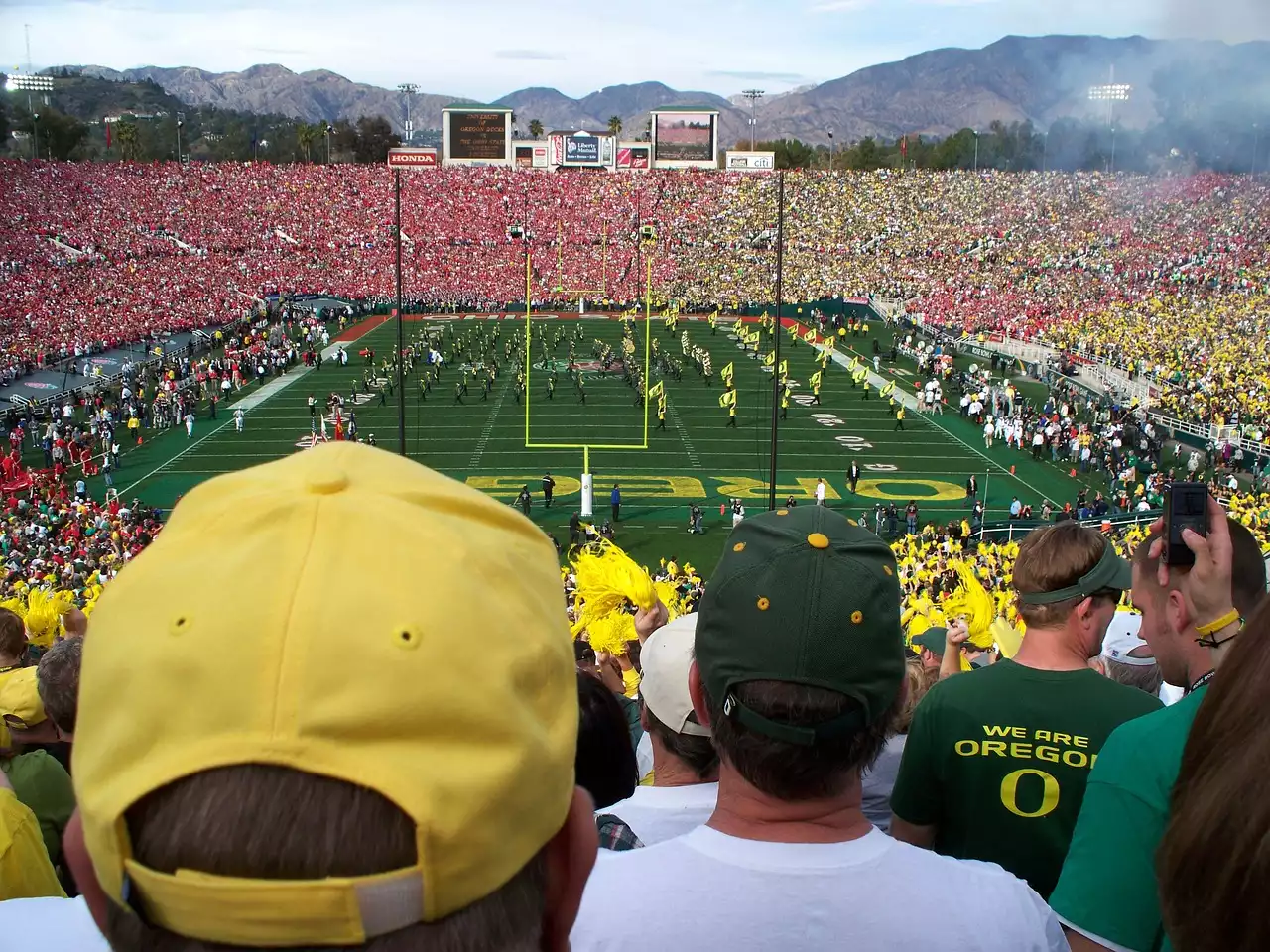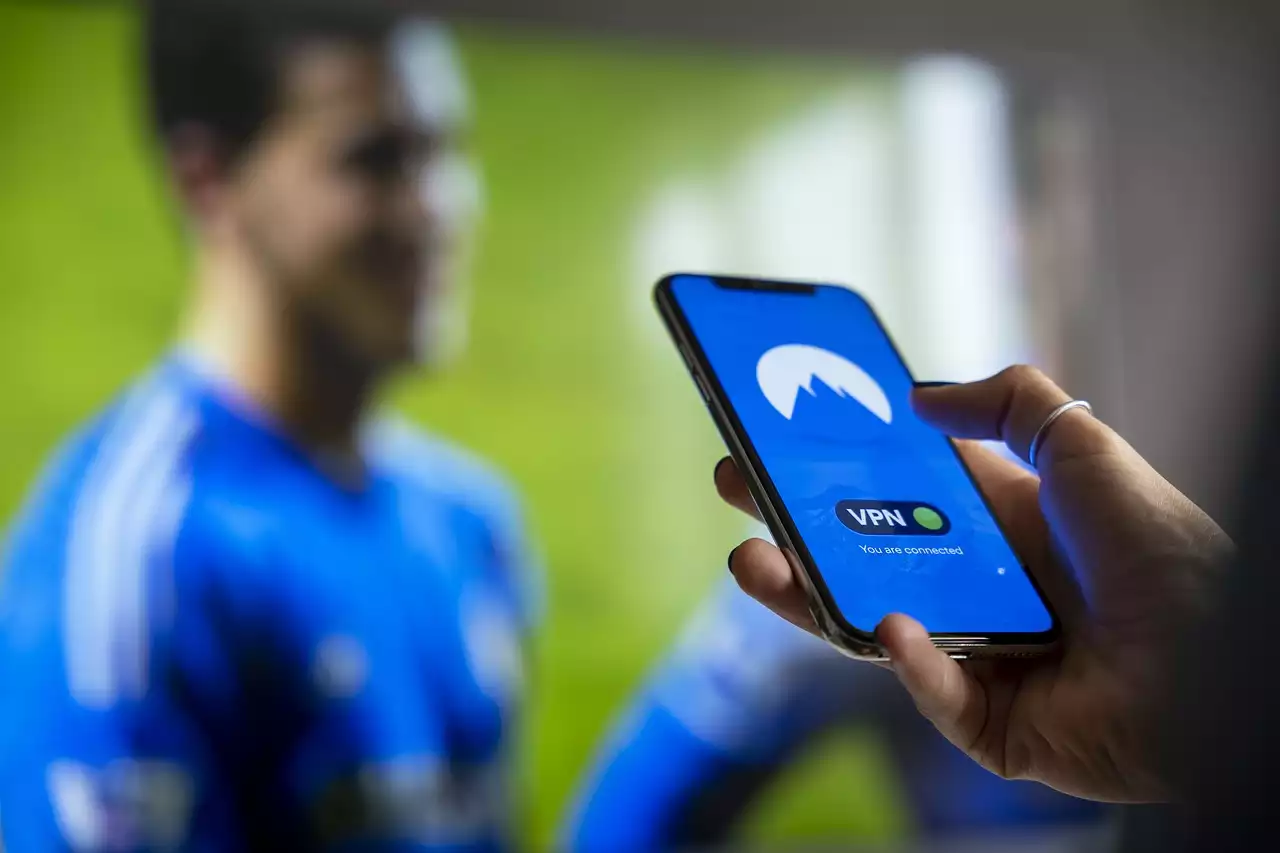Introduction
In recent years, the National Football League (NFL) has taken a bold step by embracing sports gambling. This move may seem surprising, considering the league's history of staunch opposition to gambling. However, there are intriguing reasons behind this gamble that go beyond mere financial gain.
By embracing sports gambling, the NFL is acknowledging the growing popularity of this form of entertainment and recognizing the potential benefits it can bring to the league. The legalization and regulation of sports betting have opened up new avenues for revenue generation, from partnerships with sportsbooks to increased viewership and fan engagement.
Moreover, embracing sports gambling allows the NFL to regulate and monitor betting activities more effectively, reducing the risks associated with illegal gambling and match-fixing. It also presents an opportunity to enhance the fan experience by integrating gambling elements into game broadcasts, creating a more immersive and interactive viewing experience for fans.
As the NFL navigates through the intricacies of this new landscape, it's clear that their decision to embrace sports gambling is not just a financial gamble, but also a strategic move to stay relevant and capitalize on the changing dynamics of the sports industry.
The Changing Landscape of Sports Gambling in the United States
Sports gambling in the United States has undergone a significant transformation in recent years. Historically, it was largely illegal, with only a few states allowing limited forms of betting. However, in 2018, the Supreme Court struck down the Professional and Amateur Sports Protection Act (PASPA), paving the way for states to legalize sports gambling.
Since then, numerous states have passed legislation to regulate and tax sports betting, creating a legal and regulated market. This shift has provided an opportunity for sports leagues like the NFL to reconsider their stance on gambling and explore the potential benefits it can offer.
Super Bowl: How Taylor Swift and legal sports betting could increase NFL viewership and engagement
The Potential Revenue Streams for the NFL from Sports Gambling
One of the most significant reasons behind the NFL's embrace of sports gambling is the potential for new revenue streams. With the legalization of sports betting, the league can now establish partnerships with sportsbooks and receive a share of the revenue generated from betting activity.
These partnerships can take various forms, from sponsorship deals to official league partnerships. Sportsbooks can promote their brand through advertising during games, on team websites, and through other marketing channels. In return, the NFL can earn substantial revenue through these partnerships, which can be reinvested into the league and its teams.
Additionally, the legalization of sports gambling has opened up opportunities for the NFL to explore new broadcasting rights deals. With increased viewer engagement and potential for higher ratings, networks may be willing to pay a premium for the rights to broadcast NFL games. This influx of revenue can further boost the league's financial position.
A look at the growing ties between pro sports and the sports betting industry
The Impact of Sports Gambling on Fan Engagement
Embracing sports gambling has the potential to significantly impact fan engagement within the NFL. The integration of gambling elements into game broadcasts can create a more immersive and interactive viewing experience for fans.
For example, networks can incorporate live odds and in-game prop bets during broadcasts, allowing fans to actively participate in the gambling experience while watching the game. This not only enhances the excitement but also keeps fans engaged throughout the entire game. It can also attract new viewers who are interested in the gambling aspect of sports.
Furthermore, sports gambling can provide fans with a new way to connect with their favorite teams and players. Fantasy sports and daily fantasy contests have already demonstrated the power of sports gambling as a tool for fan engagement. By allowing fans to bet on player performance or team outcomes, the NFL can foster a deeper connection between fans and the game.
How to Build Engagement, Trust, and Loyalty with the Fans and Sports Bettors Who Matter
The Challenges and Risks of Embracing Sports Gambling
While the benefits of embracing sports gambling are enticing, the NFL also faces several challenges and risks in this new landscape. One of the main concerns is maintaining the integrity of the game. Match-fixing and illegal gambling activities can undermine the credibility of the sport and erode fan trust.
To mitigate these risks, the NFL must establish robust monitoring and regulation systems. This includes working closely with sportsbooks to detect any suspicious betting patterns and collaborating with law enforcement agencies to investigate potential match-fixing incidents. Additionally, the league must educate players, coaches, and officials about the risks and consequences of involvement in gambling-related activities.
Another challenge the NFL faces is striking the right balance between promoting responsible gambling and addressing the potential negative impacts of excessive gambling. The league must ensure that appropriate safeguards are in place to protect vulnerable individuals and prevent gambling addiction.
Sports Betting: Growth, Risks, and Opportunities
How the NFL is Navigating the Legal and Regulatory Landscape of Sports Gambling
Navigating the legal and regulatory landscape of sports gambling is a complex task for the NFL. Although the Supreme Court ruling opened the door for states to legalize sports betting, each state has the authority to determine its own regulations and licensing requirements.
To navigate this landscape, the NFL has been actively engaging with lawmakers and regulators at both the federal and state levels. The league has advocated for uniform standards and regulations to create a consistent and fair playing field for all stakeholders. By working closely with lawmakers, the NFL aims to shape the future of sports gambling regulation in a way that maximizes benefits and minimizes risks.
Case Studies of Other Sports Leagues Embracing Sports Gambling
The NFL is not the only sports league that has embraced sports gambling in recent years. Other leagues, such as the NBA and MLB, have also recognized the potential benefits and have taken steps to integrate gambling into their operations.
The NBA, for example, has been at the forefront of advocating for sports betting legalization. The league has established partnerships with sportsbooks and has even introduced its own official sports betting data feed. By embracing sports gambling, the NBA has been able to tap into new revenue streams and enhance fan engagement.
Similarly, the MLB has partnered with sportsbooks and has integrated gambling elements into its broadcasts. The league has also been actively involved in lobbying efforts to shape sports betting legislation. These case studies provide valuable insights into the potential impact of sports gambling on the NFL and can serve as a guide for navigating this new landscape.
The Future of Sports Gambling in the NFL
The future of sports gambling in the NFL is filled with possibilities. As more states legalize sports betting and regulations become more standardized, the league will have the opportunity to further capitalize on this growing industry.
In the coming years, we can expect to see increased partnerships between the NFL and sportsbooks, as well as more innovative ways to integrate gambling elements into game broadcasts. This will not only enhance the fan experience but also drive revenue growth for the league and its teams.
Furthermore, advancements in technology, such as mobile betting apps and virtual reality, may revolutionize the way fans engage with sports gambling. The NFL can leverage these technologies to create unique and immersive experiences that attract a broader audience.
The Potential Benefits for Individual Teams and Players
Embracing sports gambling can also bring significant benefits to individual teams and players within the NFL. For teams, partnerships with sportsbooks can provide additional revenue streams that can be used to invest in player development, stadium improvements, and other areas that enhance the overall fan experience.
Moreover, sports gambling can create new sponsorship opportunities for teams and players. Sportsbooks may be interested in partnering with high-profile players to promote their brand and attract new customers. This can result in lucrative endorsement deals for players and increased exposure for the teams.
Additionally, the integration of gambling elements into game broadcasts can lead to increased viewership and fan engagement, which can translate into higher ticket sales, merchandise purchases, and overall team profitability.
Conclusion: The NFL's Gamble and Its Potential Impact on the League and Its Fans
The NFL's decision to embrace sports gambling is not only a financial gamble but also a strategic move to stay relevant and capitalize on the changing dynamics of the sports industry. By acknowledging the growing popularity of sports gambling and recognizing its potential benefits, the league is positioning itself for future success.
Through partnerships with sportsbooks, increased fan engagement, and effective regulation, the NFL can create a more immersive and interactive fan experience. While challenges and risks exist, the league's proactive approach to addressing these issues demonstrates its commitment to maintaining the integrity of the game.
As sports gambling continues to evolve, the NFL must remain agile and adaptable. By staying ahead of the curve and leveraging the opportunities presented by this new landscape, the NFL can secure its position as a leader in the sports industry and provide fans with an unparalleled entertainment experience.














